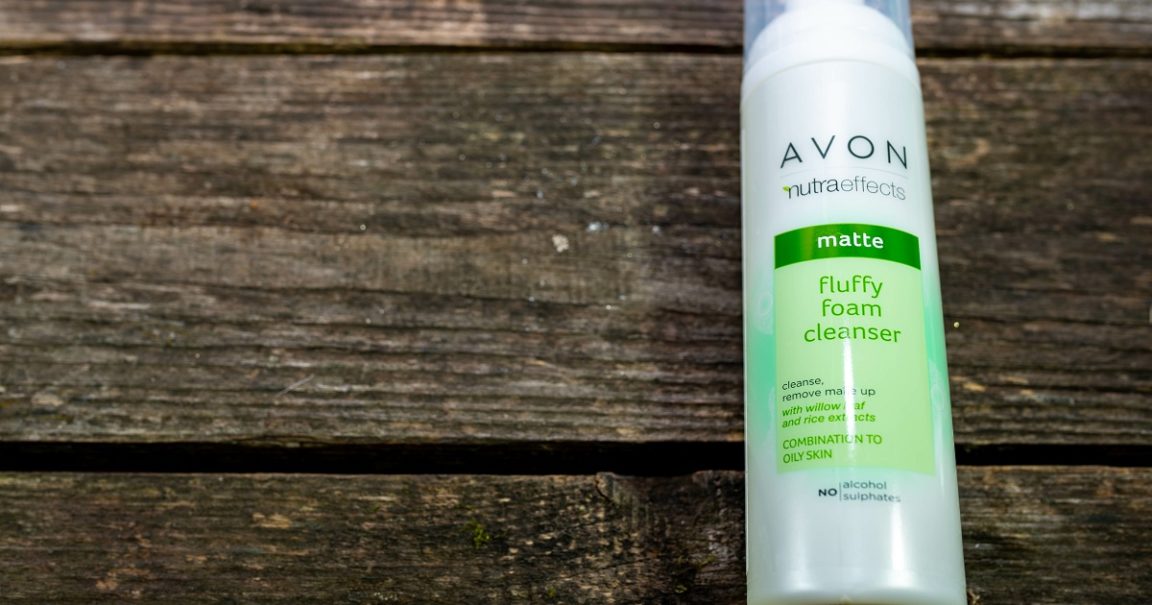Founded 136 years ago, Avon made its mark by bringing affordable cosmetics to women, even thriving during the Great Depression. What started in the UK quickly spread worldwide, offering countless people a chance to earn money selling their products, whether part-time or full-time.
For decades, Avon’s success relied on traditional direct selling. However, in 2005, they made a major shift to multi-level marketing (MLM), focusing on building networks of representatives who could sell from home. It was a dramatic change from their roots in straightforward retail sales.
How Avon’s MLM Works
Think of MLM like this: instead of selling through stores, companies recruit everyday people to represent their brand. These reps then build their own networks, creating a web of sellers. You don’t need a business license to get started – many people sell door-to-door or host small gatherings to move products.
This wasn’t always Avon’s approach. They stuck with direct sales until the early 2000s, when profits started sliding. The New York Times reported in 2004 that Avon was facing a 4% drop in net profit, a warning sign that prompted their switch to MLM.
The MLM vs. Pyramid Scheme Question
Here’s the key difference: MLMs sell actual products, while pyramid schemes just sell promises. MLMs like Avon have real cosmetics to sell. Pyramid schemes? They’re all about recruiting people and collecting fees, with no genuine product in sight.
But here’s where it gets murky. While Avon technically operates as an MLM, some concerning patterns have emerged. Sales have been dropping, yet recruitment keeps climbing. Many representatives report making more money from recruiting others than from selling products. It’s worth noting that Avon doesn’t publicly share how much their reps actually earn.
The Reality Check
Despite Avon’s impressive product range, demand isn’t what it used to be. The company stays afloat largely through new recruits buying starter kits rather than strong product sales. With today’s fierce beauty market competition, most representatives struggle to make a living wage from product sales alone. Instead, they often turn to recruitment as their main income source.
Is Avon technically a pyramid scheme? No. But when you look at the numbers – declining product sales, increasing recruitment, and unclear income disclosures – it raises some eyebrows. While they’re selling real products, the focus seems to have shifted from “sell our makeup” to “join our business opportunity.”
Remember that old saying – if it walks like a duck and quacks like a duck? Well, you get the picture.




